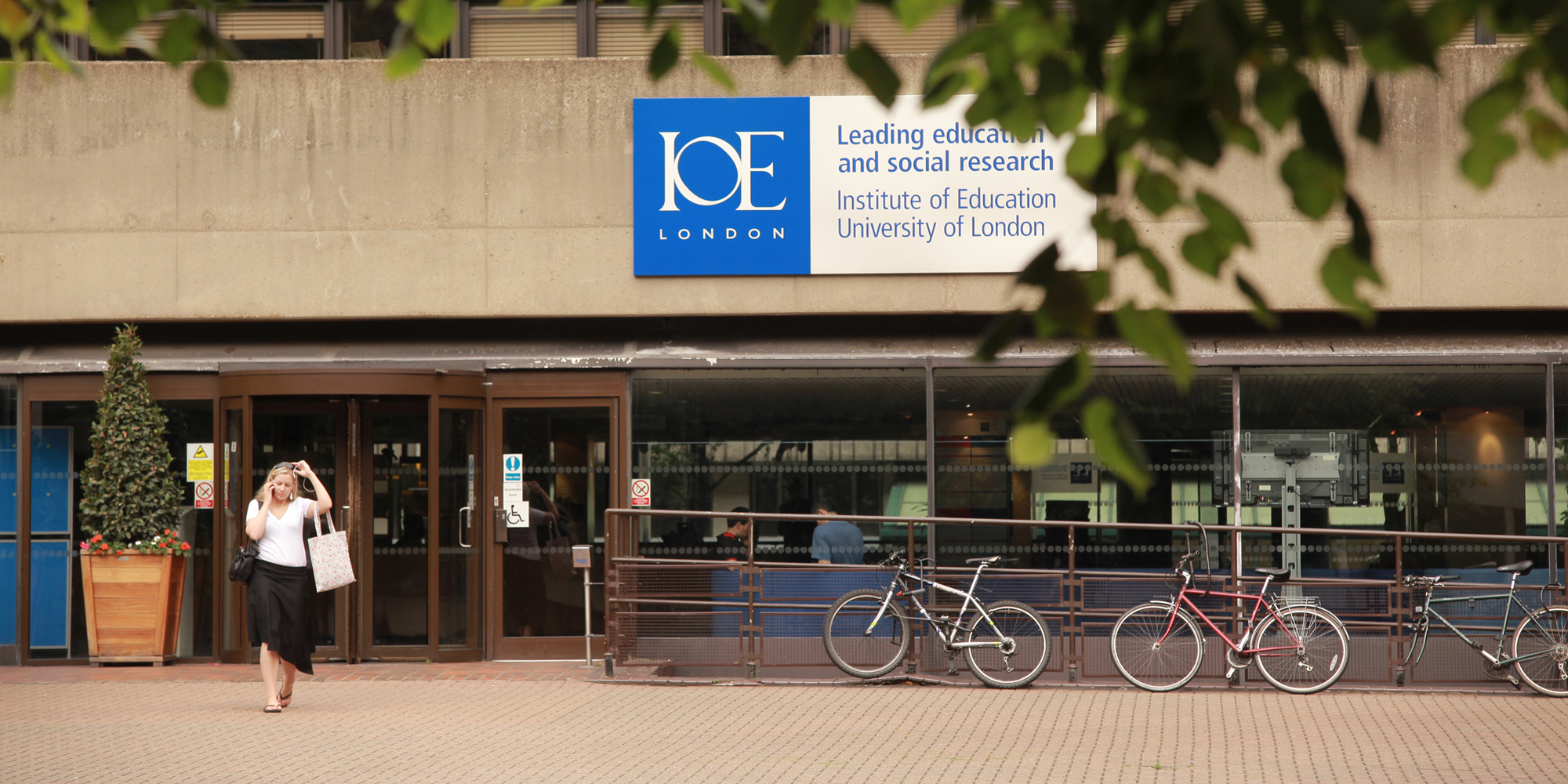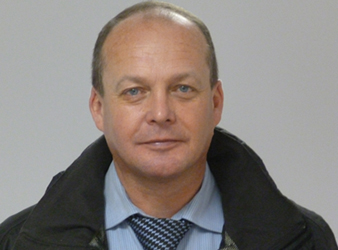Centre for Holocaust Education at University of London Hosts IWitness Workshop

 Tony Cole, who teaches hard-to-reach students at CSS South Quadrant in Basildon, Essex, introduced educators to IWitness at a workshop at the University of London’s Centre for Holocaust Education in October. Though these educators work with some of the most challenging students, they were excited to learn how to use IWitness to teach the Holocaust.
Tony Cole, who teaches hard-to-reach students at CSS South Quadrant in Basildon, Essex, introduced educators to IWitness at a workshop at the University of London’s Centre for Holocaust Education in October. Though these educators work with some of the most challenging students, they were excited to learn how to use IWitness to teach the Holocaust.
The Centre for Holocaust Education is part of the Institute of Education at the University of London, and provides resources and support for teachers throughout England. Through its Beacon Schools program, schools all over the country work in partnership with the Centre for Holocaust Education to improve teaching standards, raise student achievement and strengthen SMSC (spiritual, moral, social and cultural) provision in their schools.
CSS South Quadrant, a Beacon School, accommodates students who are out of school for a range of reasons – behavior (excluded or positive referral), medical, anxious school refusers and others. The focus of Cole and his colleagues’ work with the Centre for Holocaust Education over the past year has been to differentiate the Institute of Education’s approach and materials for teaching about the Holocaust to meet the needs of these 'hard to reach' students.
Cole led the workshop “Using IWitness to Engage ‘Hard to Reach’ Students and Approaches to Alternative Assessment” during a five-day residential seminar Oct. 24-28 for the new cohort of Beacon School lead teachers. Twenty teachers as well as colleagues from the Institute of Education attended the workshop.
The workshop introduced educators to a lesson that Cole had developed with groups of 'hard to reach' learners. The lesson uses Institute of Education materials and Google Earth to trace the journey of the Greenman family from their homes in Rotterdam to Birkenau.
IWitness was introduced, explained and demonstrated. Educators were then shown how it had been built into the Greenman lesson, and learned how to edit their own videos using testimony clips and photos from IWitness based on a variety of topics.
The workshop then considered how this tool could be used to allow learners who find literacy-based assessment a challenge to demonstrate their level of understanding and learning.
The participants responded very enthusiastically to IWitness and already had ideas for how they could use it in their classrooms. Several said they “loved” IWitness and thought would be a valuable resource for their students.
“I am keen to introduce IWitness to help establish a whole school curriculum, and could envisage ICT using it,” one history teacher said.